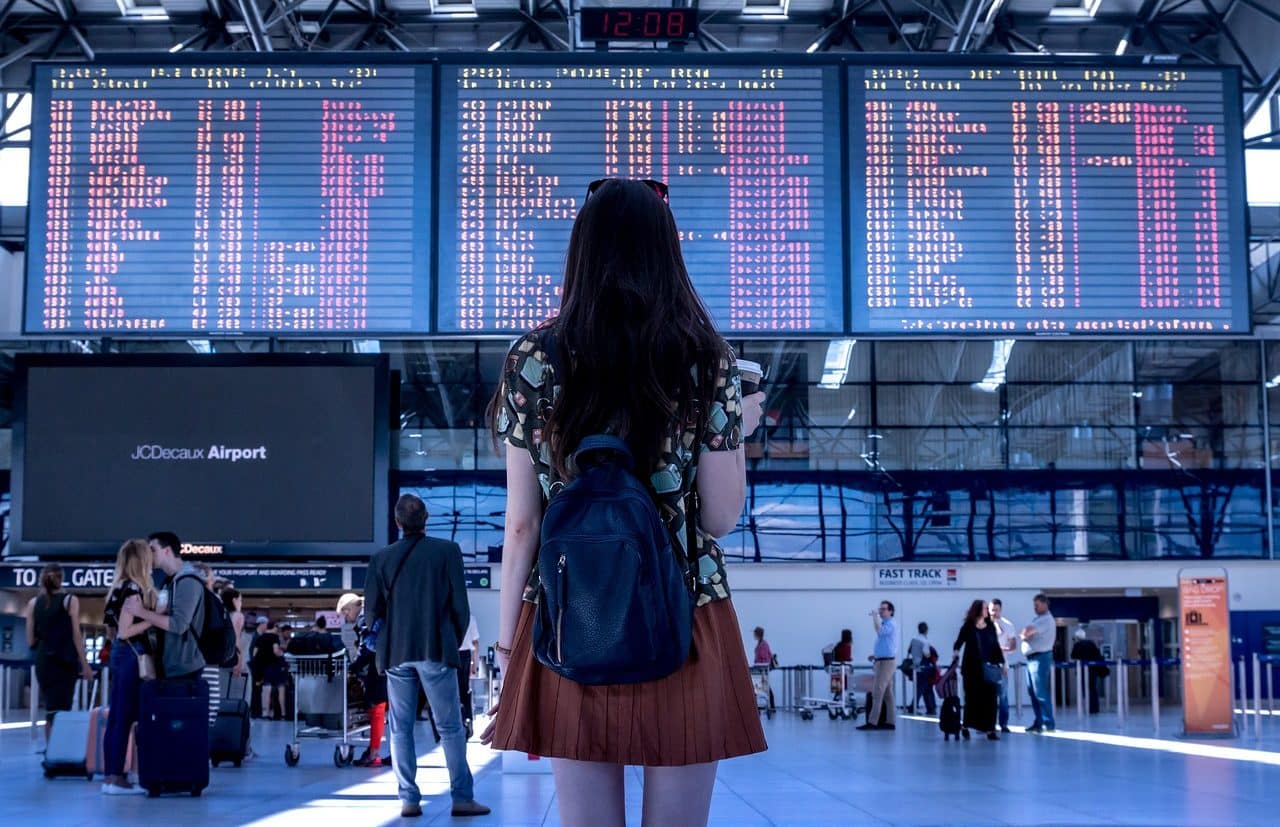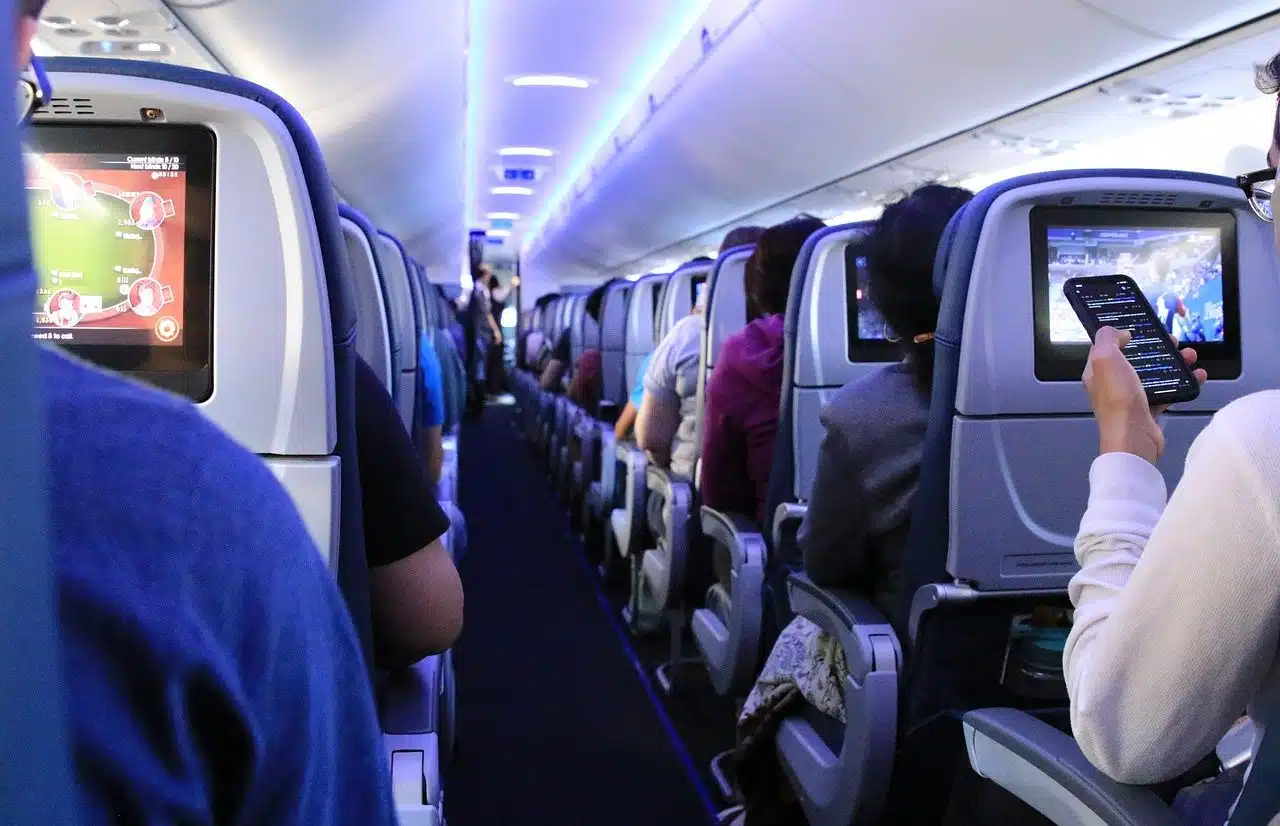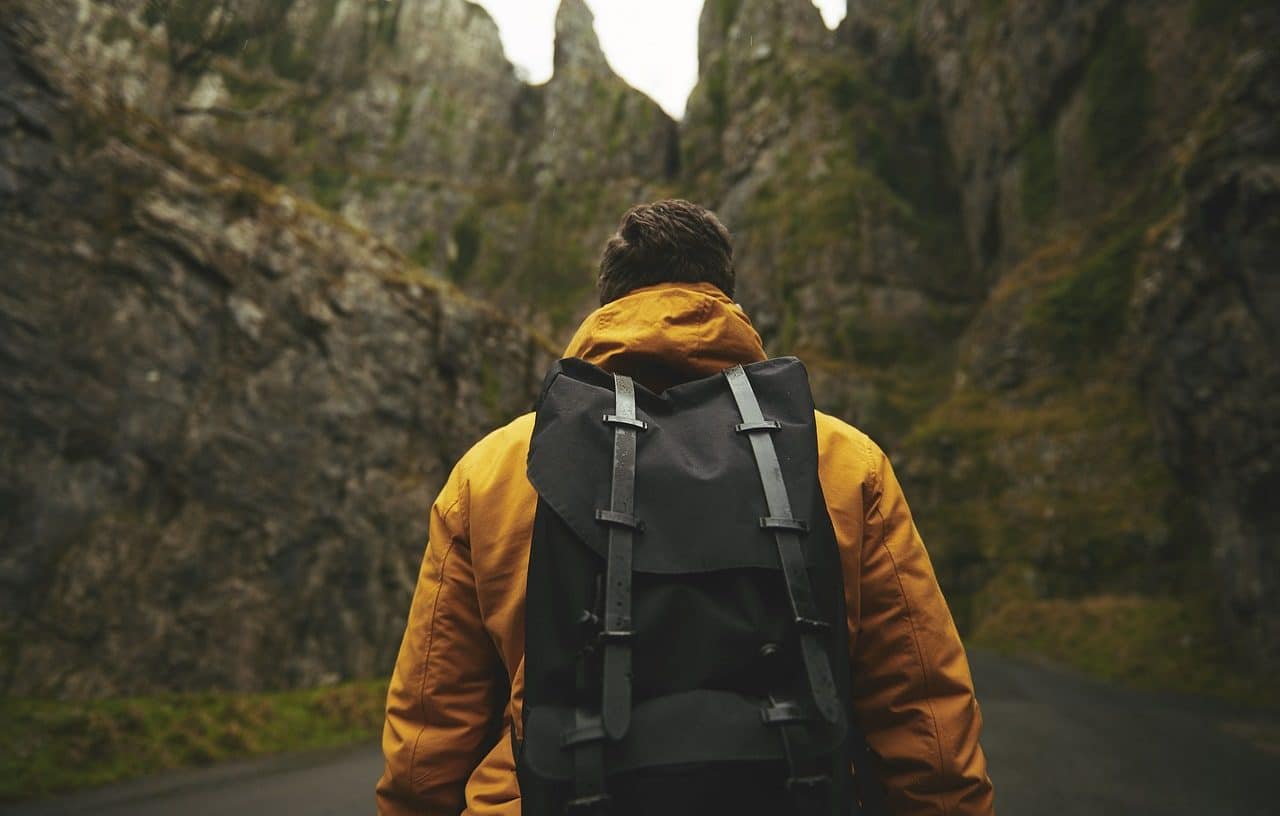
Tourists, national or international, are visitors.
A visitor is a person who enters or arrives at a place, whether it is a physical one such as a museum , a city, a park, among others, or a virtual one such as a website. Its purpose may vary; For example, it may be tourism, business, education or recreation. This notion implies that the person is temporarily on the site and can interact with it in some way.
Tourist
The concept of tourist refers to a person who travels outside his or her usual place of residence, either within his or her own country (national tourism) or to another country (international tourism), with the main objective of recreation , leisure , culture, business or other unpaid activities.
On the other hand, there is rural tourism , the set of activities that take place in rural areas or in natural environments. These experiences offer visitors the opportunity to get away from the bustle of cities and enjoy the tranquility, beauty of natural landscapes and activities such as hiking, bird watching and farming.
This type of tourism seeks to promote environmental conservation, the sustainable development of local communities and the preservation of rural culture and traditions.
The tourist can access a tourist office (or tourist information center), a public or private post that provides assistance to visitors to a certain geographical area. There you can request a map or a tourist brochure, as well as tips and recommendations to have a satisfactory and memorable experience.
National vs international tourism
The differences between national and international tourism are significant and are mainly related to the place of origin and destination of travelers, as well as the factors that influence their decisions.
-
Place of origin and destination
:
- national tourism : travel within the borders of one's own country. For example, a resident of Madrid traveling to Barcelona for a vacation is a domestic tourist in Spain;
- international tourism : trips to a country other than the one of habitual residence. For example, a citizen of Mexico traveling to France to visit Paris would be considered an international tourist.
-
Economic and cultural factors
:
- domestic tourism – is often influenced by economic factors, such as the availability of time and resources to travel, as well as cultural and regional factors that may motivate people to explore their own country;
- International tourism – involves additional considerations, such as the need to obtain passports, visas and foreign currencies, as well as adapting to different languages, cultures and customs.
-
Economic impact
:
- national tourism : contributes significantly to the country's internal economy, generating income through spending on accommodation, transportation , food, entertainment and tourist activities within the country;
- International tourism : In addition to the income generated by tourists' spending in the country visited, international tourism can have an impact on the balance of payments and the global perception of the country as a tourist destination.
-
Tourism development and promotion
:
- domestic tourism : tourism development and promotion efforts are aimed at attracting domestic residents to different regions within the country, highlighting the diversity of destinations and experiences available;
- International tourism – requires specific marketing and promotion strategies aimed at foreign audiences, highlighting the country's unique tourist attractions and facilitating accessibility and experience for international tourists.

Anyone who visits a city for work reasons is a business traveler.
business traveler
The business traveler is a person who travels to different places, either within their own country or abroad , with the main purpose of carrying out activities related to their work. He has specific needs that differ from those of a conventional tourist, since his trip is oriented towards professional goals .
When a business traveler goes abroad, one of the first considerations is accommodation . Hotels are often the preferred option, offering amenities and services tailored to your needs, such as high-speed Internet access, convenient workspaces, meeting rooms, and catering.
A business traveler's itinerary is usually strictly planned and coordinated , with precise times for meetings, conferences, presentations or other work activities. Therefore, it is essential that the chosen flight fits the schedule , offering convenient timing options and flexibility in case of last-minute changes.
Planning
Visitor planning is a fundamental part of ensuring a satisfactory and memorable experience. Whether you are a conventional tourist, an adventurous backpacker, or someone seeking comfort, this stage can make all the difference in the quality and enjoyment of the trip .
When it comes to accommodation , visitors look for options that fit their preferences and needs . From luxurious hotels to cozy hostels or even shared rooms through platforms like Airbnb , the choice of accommodation will depend on the guest 's travel style and budget.
Backpackers often opt for a more adventurous and economical style of travel, prioritizing authentic exploration and interaction with local culture. They opt for hostels or hostels and prefer to visit destinations on foot or using public transportation.

Backpackers are visitors who forgo luxuries in pursuit of adventure.
The check-in and check-out process is an important part of the traveler experience. It is crucial to coordinate these schedules with those of the accommodation to avoid inconveniences and maximize the time available to enjoy the destination.
Hiring the services of a tour guide can enrich the visitor's experience by providing detailed information about the places, as well as cultural curiosities and useful tips to make the most of the stay at the destination. Some travelers choose to hire the services of a travel agency to organize complete tour packages , including transportation, accommodation, activities and guided tours.
Planning should take the time of year into account: high season is typically busier and more expensive, while low season can offer lower prices and less crowding. It is also essential to design a detailed itinerary that includes tours of the main places of interest, as well as specific activities that the traveler wants to do, to make the most of the time available.
Trying typical food and participating in local festivals or cultural events are experiences that can enrich the trip and provide a more authentic vision of the culture and gastronomy of the place visited. Before making important decisions, many look for opinions and reviews online to get an idea of the quality and reputation of the services offered.
